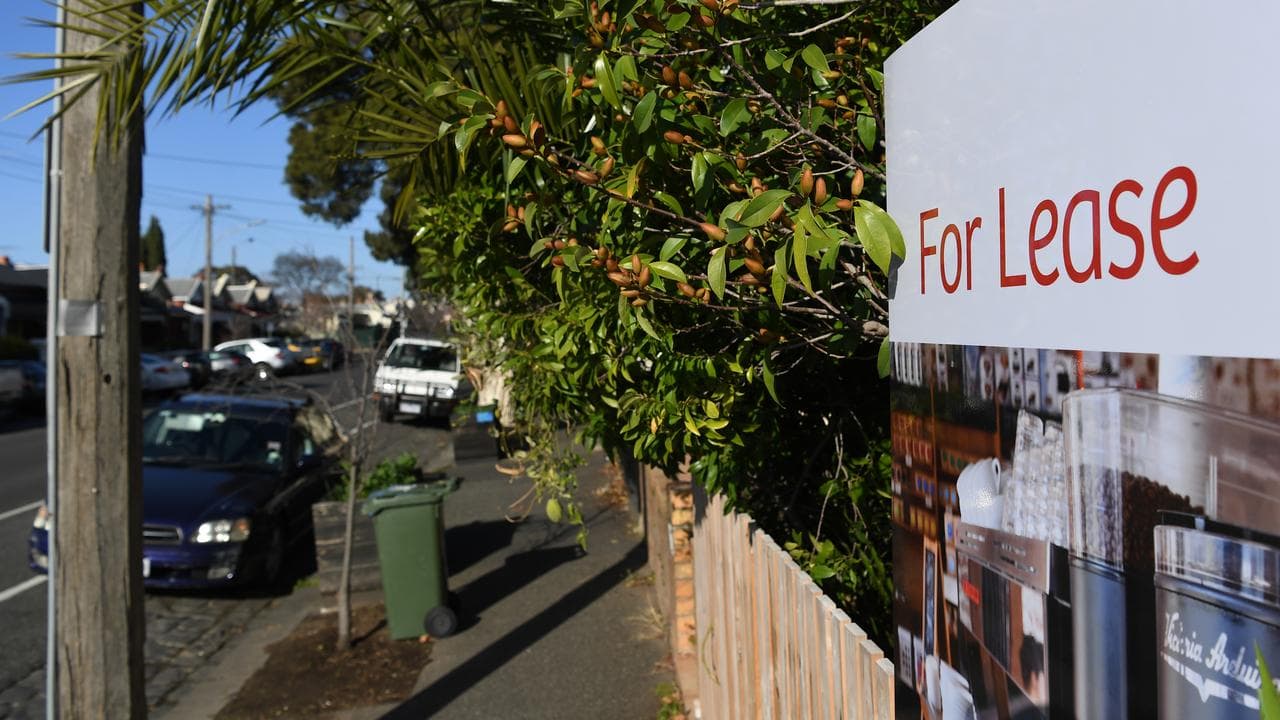
A controversial proposal to freeze rents has been criticised as a supply dampener but others argue it could do the opposite.
Price protection for renters, preferably in the form of a two-year freeze and then caps on increases after that, has become the biggest sticking point between the Greens and Labor as the federal government tries to push its signature housing fund through parliament.
The Greens have been demanding insulation from surging rents in return for their support on the housing future fund, which would provide finance for new social and affordable homes.
The government has pushed back on the suggestion, arguing that such measures fall under state and territory responsibilities and property owners would jack up rents before the freezes came into force.
The fate of the housing fund remains in limbo.
The rent control proposal has also been met with concern it will disincentivise new supply and drive landlords out of the market.
But the University of NSW housing affordability expert Chris Martin said by regulating rent for existing tenants, landlords were encouraged to ramp up the supply of new rental properties.
The measure could effectively lift the overall supply by creating a price signal to convert second homes or Airbnbs into rentals or build new homes to circumnavigate the rules on existing properties.
In the uncontrolled market at present, Dr Martin said pricing signals were mainly felt across existing stock.
"As landlords increase rent prices, tenants are being pushed out of their existing homes," he explained.
"That brings the property to the market but also means there’s another tenant looking for a lower-cost rental property or are being made homeless."
Dr Martin said a rent freeze would protect existing tenants from hefty increases while helping the rental market expand sustainably.
Others, including UNSW finance professor Peter Swan, say such rules will leave landlords with no choice but to sell their properties and ultimately shrink the pool of available rentals.
"Rental rates rise due to restricted supply, while landlords with sitting tenants suffer," Dr Swan said.
"Eventually, a black market evolves with ‘protected’ tenants unable to move and with the rampant use of sizeable ‘key money’ paid by prospective new tenants."
He said the introduction and tightening of rent controls in Canberra had prompted some landlords to sell up, pushing evicted tents into a tighter rental market.
Property Investors Council of Australia chair Ben Kingsley said the number of investors entering the market was not keeping up with rental demand, and financial imposts such as rental controls would not help.
Mr Kingsley criticised the Victorian government for considering introducing rent caps at a time of severe rental supply-demand mismatch.
"Whilst most renters will think this is a welcome short-term relief measure, the chronic shortage of rental properties in this state will remain for years and decades to come," he said.




